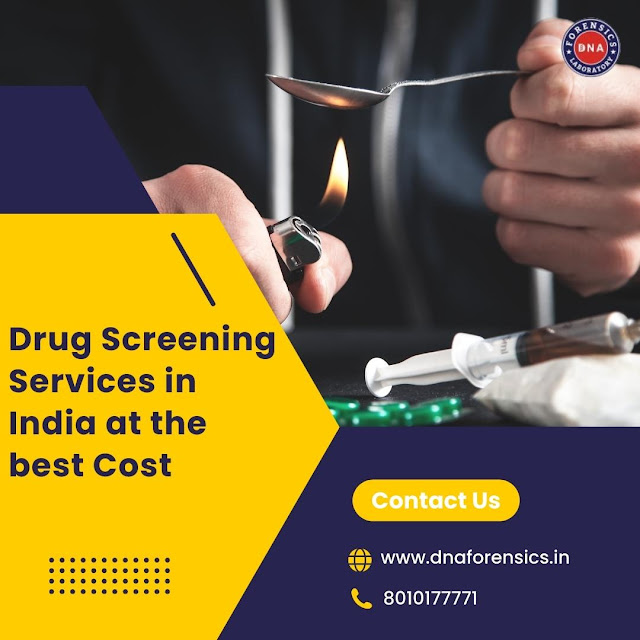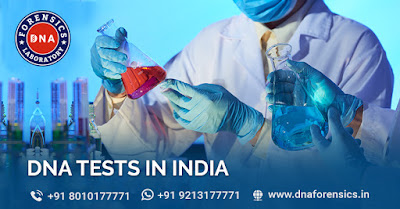Genetic Screening: Assessing the Risk for Inherited Disorders
Genetics has gained substantial attention in recent years due to its possibility to offer insight into health and family history. Among the most transformative advances is genetic testing, which can assist in determining inherited diseases, evaluate risks for certain disorders, and guide medical decisions. However, many individuals are curious about the procedure, the advantages, and, most importantly, the genetic testing cost. This blog explores everything one needs to know about genetic tests and how they affect health.
Why is a Genetic Test Vital?
Genetic screening can offer crucial health information that other tests can't provide. By examining the genetic blueprint, experts can better understand one's susceptibility to certain disorders. Following are some of the primary reasons why genetic tests are essential:
- Early Detection: Genetic testing can detect some diseases, such as cancer or cardiovascular disorders, early. This gives patients more treatment choices and a better option for addressing the condition.
- Personalized Medication: Experts can create a personalized treatment plan tailored to a person's unique genetic blueprint based on the patient's genetic testing results.
- Family Planning: Individuals planning to have children can help with genetic testing to evaluate the risk of passing on genetic disorders.
- Risk Assessment: Genetic tests offer a clearer picture of whether individuals with a family history of inherited disorders might be at risk.
What's the Price of Genetic Testing?
The genetic testing cost can change widely depending on the test type, the analysis's intricacy, and the lab performing the test. On average, the price can vary from Rs. 40000 to 50000. Several factors impact the cost:
- Kind of Test: Some genetic tests are relatively inexpensive. However, complete panels that screen for numerous disorders can be more expensive.
- Health Insurance: Some insurance systems may shield part or all of the genetic testing cost, particularly if the testing is deemed medically vital.
- Lab Fees: Various laboratories may charge different costs, and technical tests may need more sophisticated equipment, raising the price.
- Consultation Fees: In addition to the test itself, one may need to consult with a hereditary counselor or expert to interpret the results.
Before undergoing any genetic screening, it is necessary to inquire about the total price, including lab expenses and additional consultations. One should also check with their insurance provider to see if a genetic testis covered under their plan.
What Can One Expect from Genetic Testing?
When undergoing a genetic screening, the procedure typically involves a few easy steps:
- Sample Collection: The first step is to offer a sample, typically through cheek swab, blood, or saliva. This sample contains the DNA, which will be examined in the laboratory.
- Lab Analysis: The DNA sample is sent to a laboratory, where experts will examine the genetic material for any changes or variations that could suggest a health disorder.
- Results & Interpretation: Once the analysis is complete, the results are sent to the healthcare provider or hereditary counselor. They will explain the results for the person's health and whether any follow-up steps are required.
- Next Steps: Relying on the test results, the doctor may suggest further testing, lifestyle modifications, or specific treatments.
Why Choose DNA Forensics Laboratory for Genetic Screening Test?
DNA Forensics Laboratory Pvt. Ltd. is among India's most trusted DNA and genetic test services. He has been successfully supporting Indian & international clients with their genetic screening needs. They are committed to offering the best services to doctors, hospitals, and the general public. The cost of genetic testing relies on its complexity and nature. Their specialized team of professionals has extensive knowledge and experience in genetic screening. They have an excellent track record of 100% satisfied and happy customers. The report offers the person and expert insight into the chance of genetic conditions.



Comments
Post a Comment